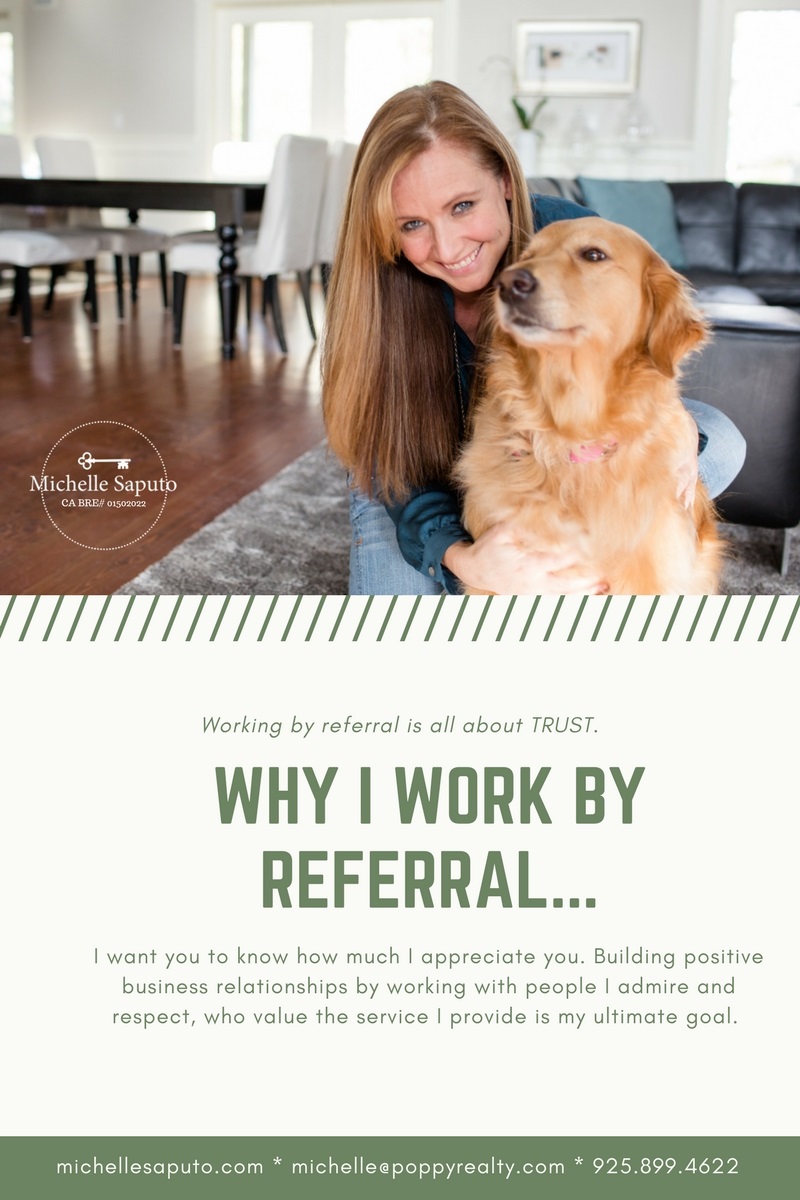Rent isn’t cheap. It’s tough to afford a place on your own.
So, you have roommates. Maybe it’s a friend or two. Maybe more.
But it certainly beats living “alone”…in your parent’s basement.
But you’re still not banking money…
You’re saving some money by renting with others. But not tons.
It certainly makes your housing costs more affordable, but it isn’t like you have so much extra every month to just go out and spend on whatever you want.
So, it’s probably hard to even imagine saving enough to eventually buy a house.
You figure that day will come eventually. But not anytime soon. You’ll figure it out someday.
Probably not until you find someone you want to settle down with. Not until you and a significant other can combine forces (and bank accounts) to make that dream happen.
But, at this point, you wrap that thought up with a nice bow and put it on a shelf.
You rationalize it, and think…
- I’m still young.
- I’m too young.
- I don’t want to be tied down yet.
- I certainly don’t want to settle down with just anyone to be able to afford to buy a house.
- I’ve heard that buying a house is a stupid investment, anyway.
All totally fine rationale. If you want to rationalize. But, what if you would like to buy a house?
How in the world are you supposed to pull that off?! You can barely afford to rent a place without a bunch of other people chipping in.
Someone’s making dough off you and your roommates. Why not you?
Sometimes it feels better to rationalize away something you don’t think you can swing.
And that’s probably where most people in your position stop. They don’t even consider buying a house.
But you can think beyond that…if you want.
Maybe there’s a way for you to buy a house. Now.
That’s not to say it’s a definite possibility, or a no-brainer, or even easy. But it could be all three of those things. You won’t know, unless you at least consider it.
So…consider it.
You and your roommates are all paying someone to live where you live. Some landlord.
What if it could be you? What if they were all paying you to live in your house?
There’s a lot of ways to flip this around in your head. Too many to even list. But here’s a few bullet points for you to consider and get your thoughts going…
- What if you could buy a house that cost the same, or less than the amount you’re all paying in rent per month?
- What if you found a house that needed some work and could get your roommates to help you fix it up so it is worth more than you bought it for?
- What if you bought a multi-family building and could rent to more people, or split up your roommates into separate apartments?
- What if you could actually cover the monthly mortgage with the amount your roommates are already used to paying per month, and not have to pay your share of the rent?
- What if you could purchase a place with a very low down payment?
- What if you went in with your roommates and bought a place together? (Obviously this is a pretty big commitment, so use your judgment before jumping into a relationship like this.)
- What if the first place you bought ended up being a stepping stone to owning several rental properties?
The list could go on. But the point is to get you thinking beyond just throwing your portion of the rent into the mix every month with nothing to show for it once you all move on in life.
Not a pipe dream
Buying a house doesn’t just happen.
You can’t just read an article online, get the idea in your head, and talk about how cool it would be while you’re drinking beers in your apartment watching TV.
In fact, maybe keep it to yourself until you figure it all out.
But before you actually buy a place, you should probably see if your roommates would be down with you being their landlord and roomie. If not, maybe find other friends who will.
Buying a house is a process. It’s not as hard or impossible as you might think, but there’s definitely steps you need to take in order to figure out if you can buy a house, and what you can buy if you can.
Have a plan
As tempting as it is to start looking at houses for sale online, or going to see houses in person…don’t. Not yet at least.
That isn’t the best first step. Lots of people start that way, but they waste tons of time, and it can lead to making awful purchases.
Your first purchase needs to be as good of a choice as you can make, because it will set you up for an awesome future. A bad first purchase can be a disaster for years to come.
There’s so much information out there about buying houses. You can do it all on your own. Just troll the Internet, or go bonkers and actually buy some books.
But, you can also get the best insight, plan, and help for free…from a real estate agent.
It’s important to find a real estate agent you trust
It’s easy (and common) to not entirely trust real estate agents, and want to learn as much as you can on your own before dealing with them. To some degree, you can’t trust every and any old real estate agent.
But the first and best step to buying your first house is to find the best real estate agent you can…and then let that agent guide you step by step through the process.
It usually doesn’t cost you anything out of pocket to hire and work with a real estate agent when you’re buying a house. They get paid when and if you end up buying.
And since they all work that way (for the most part), you may as well find and hire the best one you can find.
I’d like to help you find that agent. I think and hope you’ll find that it is me. But I want to earn that trust and respect.
So, no pressure or obligation.
Send me an email at michelle@poppyrealty.com with the subject line, “Please send me your first-time buyer tips” and I’ll send send you a short series of 9 emails (no more, no less) that will help you decide if you should buy your first home, or not.
In the least, you will get further along the way to buying your first house, and perhaps we will build a trusting relationship. Or not.
If we do, great. And, if you qualify to buy a house, I want to help you make the best purchase possible.
And if we don’t, I won’t be bugging you or pushing you to buy a house.
So, what’s the harm? Send me an email and I’ll send the first step to buying a house over to you. (NOTE: It includes names and phone numbers I don’t publish publicly, which is the reason for doing it via email.)
Hope to hear from you!



